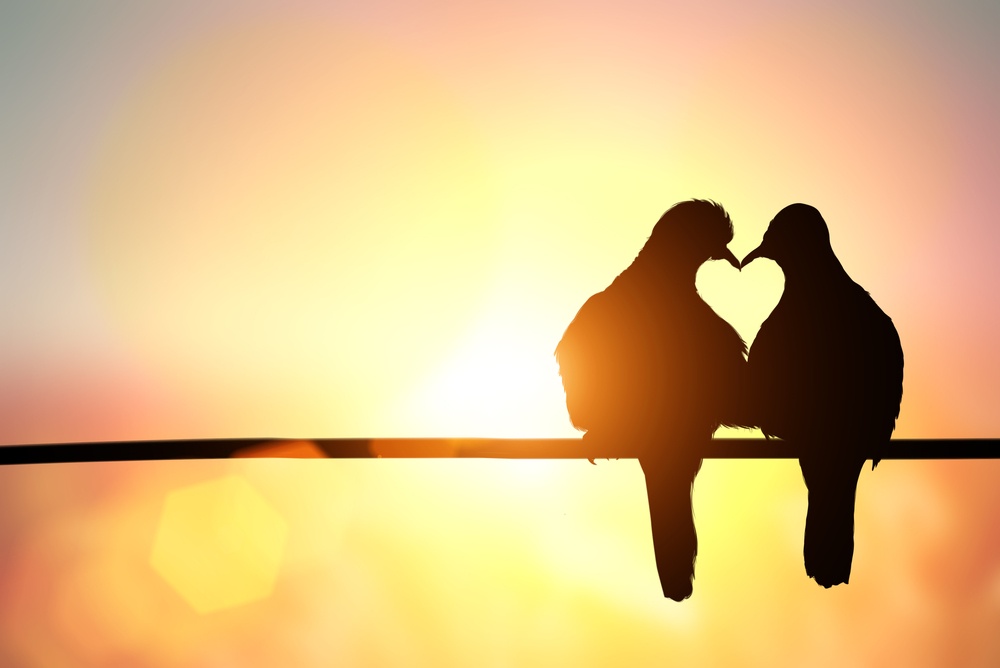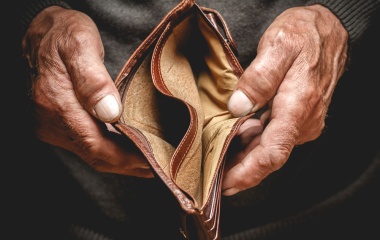
"There are four primary categories of damages - the ox, the pit, the man and the fire...the common denominator of them is that their way is to cause damage, the duty to guard them is upon you and when they cause damage, the one who causes damage is obligated to pay from the best of his land.” (Bava Kamma 2a)
One of the fundamental and innovative teachings of the Torah is that “fathers should not be put to death for sins of their children, nor children for the sins of their fathers, a man shall die [only] for his sins.”(Devarim 24:16)
This may seem like basic justice to us but that is not how the ancients thought. Seeing children as an extension of and owned by their parents the children would often be the ones to suffer the consequences of the misdeeds or even mistakes of parents. Taking revenge for the actions of a father on a son was the norm, a norm the Torah was determined to change. In the worldview of the Torah children were independent beings created in the image of G-d, not chattel of their parents. Even the mitzva of kivud av veim, so fundamental to Judaism, was a service obligation only - clothing, feeding and helping parents when needed. But a parent had no right to tell a child whom to marry, to dictate the choice of career[1] or to control their child’s life in any which way.
Such is not the case with animals. They are the property of the owner and with the exception of causing them unnecessary harm one can basically do as one pleases with them. Lacking a divine image they can be used in the service of others.
Ironically it is this ability to control the animal that places greater responsibility upon the owner. If the animal is an extension of man then man is responsible for the actions of his animals. Hence the opening Mishna of Bava Kamma quoted above.
Even before we record the obligation of man to make restitution for damages caused the Mishna lists the obligation to pay for the damage caused by our ox[2]. So much so that the Torah teaches that if an ox had killed someone and the owner did not ensure the ox be “put down” and the ox then kills again “the ox shall be stoned and also his owner shall also die.” (Shemot 21:29) Wow! And this law would apply even if the second death was accidental[3].
While a human who kills can only be put to death if it is premeditated murder our responsibility for our animals is apparently even greater. It took a second biblical verse[4] for our Sages to understand that this verse was not to be applied literally and one was put to death only if he himself killed. Yet the fact that the Torah chose to write it this way is most instructive. Man may not be killed but he deserves to be. Our Sages explain that his death is left to the “hands of heaven” offering cold comfort to the owner.
While a human who kills can only be put to death if it is premeditated murder our responsibility for our animals is apparently even greater. It took a second biblical verse[4] for our Sages to understand that this verse was not to be applied literally and one was put to death only if he himself killed. Yet the fact that the Torah chose to write it this way is most instructive. Man may not be killed but he deserves to be. Our Sages explain that his death is left to the “hands of heaven” offering cold comfort to the owner.
While our responsibility to our animals must begin with ensuring they cause no harm it is such responsibility that lay behind the Torah’s laws that we must feed our animals before we ourselves eat, that we not overburden them and that we ensure they are well attended to. We are even allowed to break certain laws to prevent pain to our animals.
In a remarkable teaching the Mishna (Sanhedrin 1:4) notes “like the death of the ox so is the death of the master” teaching that before an ox can be put to death it too is to have its day in court. The ox can only be put to death after a court of 23 declares the ox guilty, similar to the method used before a human can be given capital punishment. While we must never blur the distinction between man and beast our animals (not to mention pets) are often part of the family.
None of this applies to children. Not yet fully responsible for their actions they cannot be put to death even for premeditated murder nor are they liable for monetary damages caused. As independent beings their parents cannot be made legally liable for the actions of their children - after all they did not cause the damage. Thus the Mishna (Bava Kamma 8:4) teaches, “encountering minors is bad. One [an adult] who assaults them is liable, they who assault others are exempt.”
[1] Yet at the same time Jewish law demands a parent teach the child a “trade” so they can become self-supporting. Putting these two concepts together yields the result that while the child can choose the trade it is the parent who must pay for it.
[2] The Mishna (Bava Kamma 5:7) makes it abundantly clear that “the Torah spoke in the present” using the example of the ox because that was the human owned animal most likely to cause damage in the ancient world. That man was responsible for the damages caused by any animal he owned was axiomatic and other Mishnayot describe damage (or death) caused by chickens, dogs, donkeys, lions, tigers and more.
[3] In describing the ox’s killing the first time the Torah uses the phrase ki yigach, when it gores, a most aggressive term. Such goring being unexpected no mention is made of the owner. However, the second time the ox kills the Torah uses the gentler term vheimeet, if it [happens to] kill. The distinction is sharper in the Hebrew.
[4] “The killer shall be put to death he is a murderer”( Bamidbar 35:21)‘ for his murder he is put to death and not for the killing done by his ox.’ (Sanhedrin 15b)


